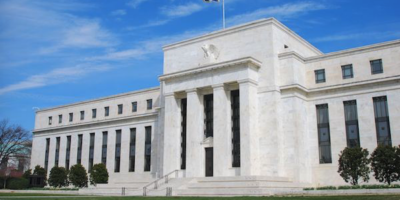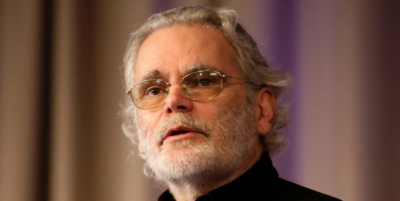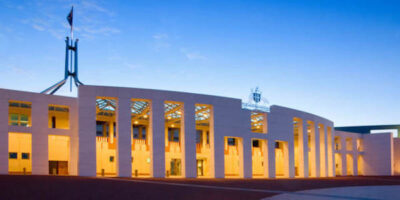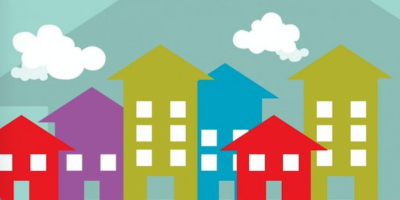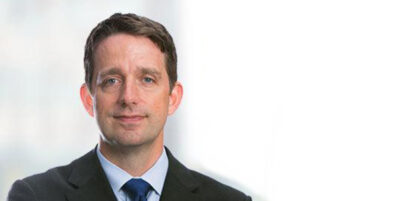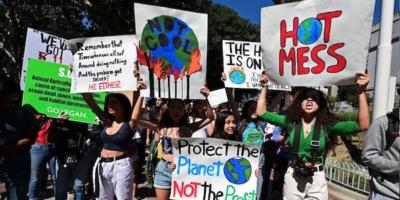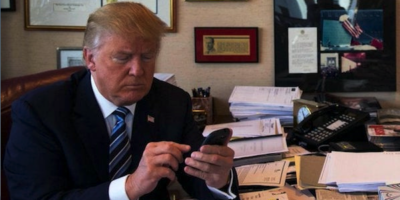The third quarter capped the best year-to-date return for the Bloomberg Barclays US Aggregate Bond Index since the first nine months of 2002. Although bond prices may continue to advance, we anticipate lower returns may accompany a rise in volatility in coming quarters.
The unwillingness of the major (and other) banks to immediately cut their headline mortgage rates by as much as the Reserve Bank cuts its cash rate always attracts bad press, as well as condemnation from treasurers and prime ministers.
The US Federal Reserve’s latest 25 basis points rate reduction in mid-September is seen by many market observers as another signal that world markets are in, or are fast approaching, a late cycle.
The debate about whether compulsory employer superannuation contributions should be increased from the current level of 9.5 per cent is constantly simmering, waiting for the next opportunity to boil over.
Compared with the rest of the world, income inequality is not particularly high in Australia, nor is it getting much worse. The real problem is housing inequality.
If you’ve seen the movie The Big Short you will remember Christian Bale’s quirky character Michael Burry – the manager of the Scion Capital hedge fund who realises the US mortgage-backed security market is a massive bubble. He goes on to make a fortune by betting on its crash.
Superannuation funds need to get on the front foot and respond to the strategic challenge of developing good retirement solutions now. Although superannuation funds can follow the Government’s legislative timetable to develop a Comprehensive Income Product for Retirement (CIPR) by 1 July 2022, that’s hardly an optimal outcome for fund members who have retired or are making retirement plans now.
Capitalism’s days may be numbered – at least judging by recent polls. A majority of millennials reject the economic system, while 55 per cent of women aged 18 to 54 say they prefer socialism. More Democrats now have a positive view of socialism than capitalism.
On August 1, President Trump sent four tweets about China. With tweet three, which talked about additional tariffs on US$300 billion of goods exported from China to the US, Trump rocked markets by publicly escalating trade war rhetoric.
Investing in emerging markets is a bit like making a soufflé: it’s a courageous undertaking fraught with the risk of things not working out as hoped. EM economies may be buffeted by political strife, currency crises, and other upheavals, leaving investors a bit deflated.

